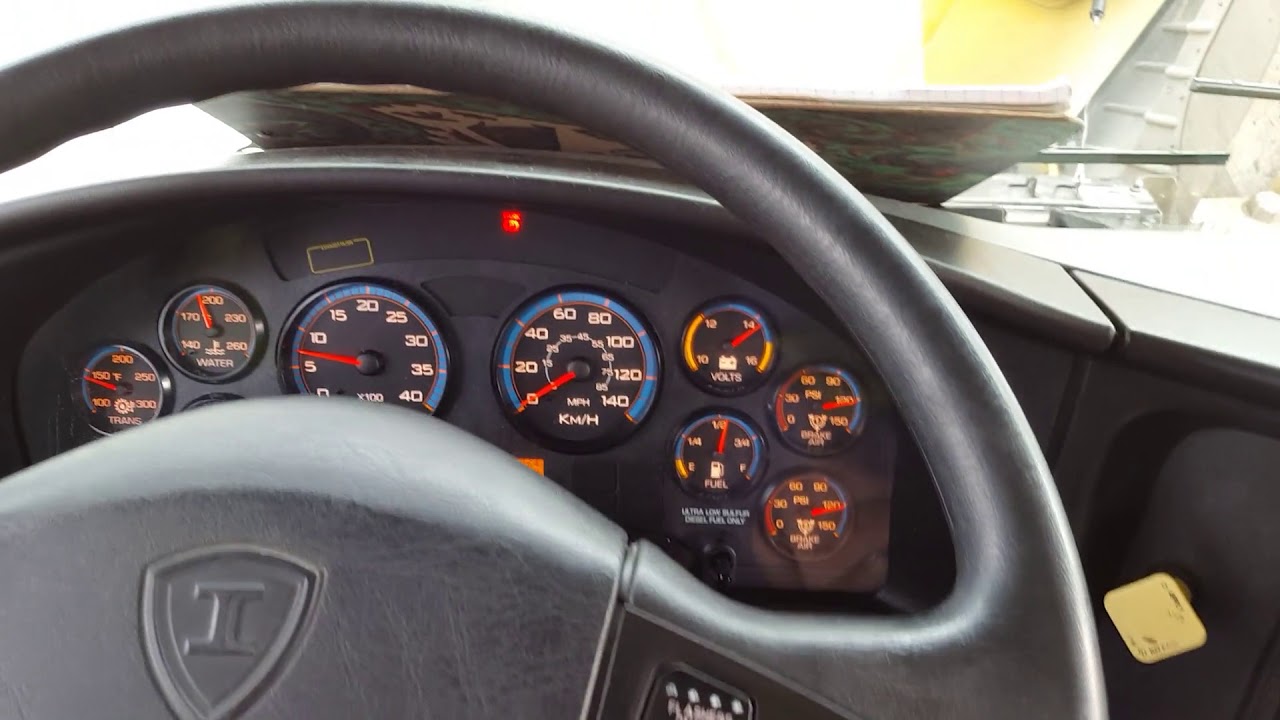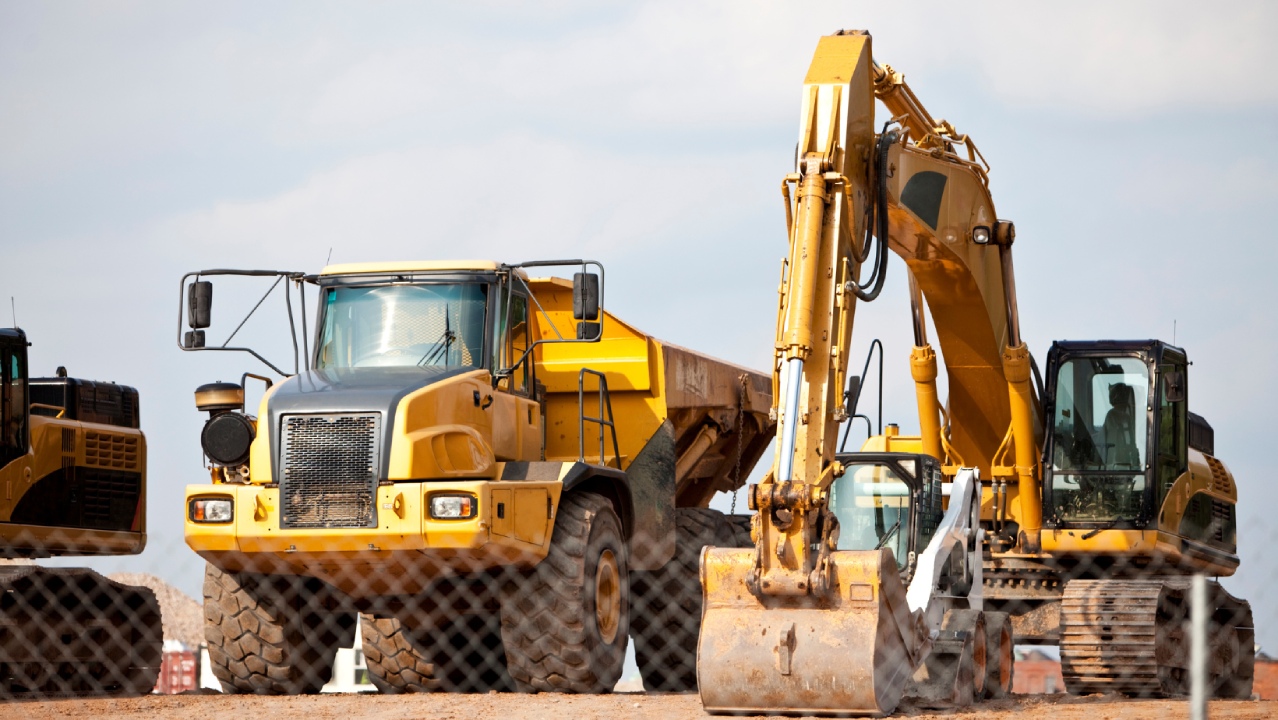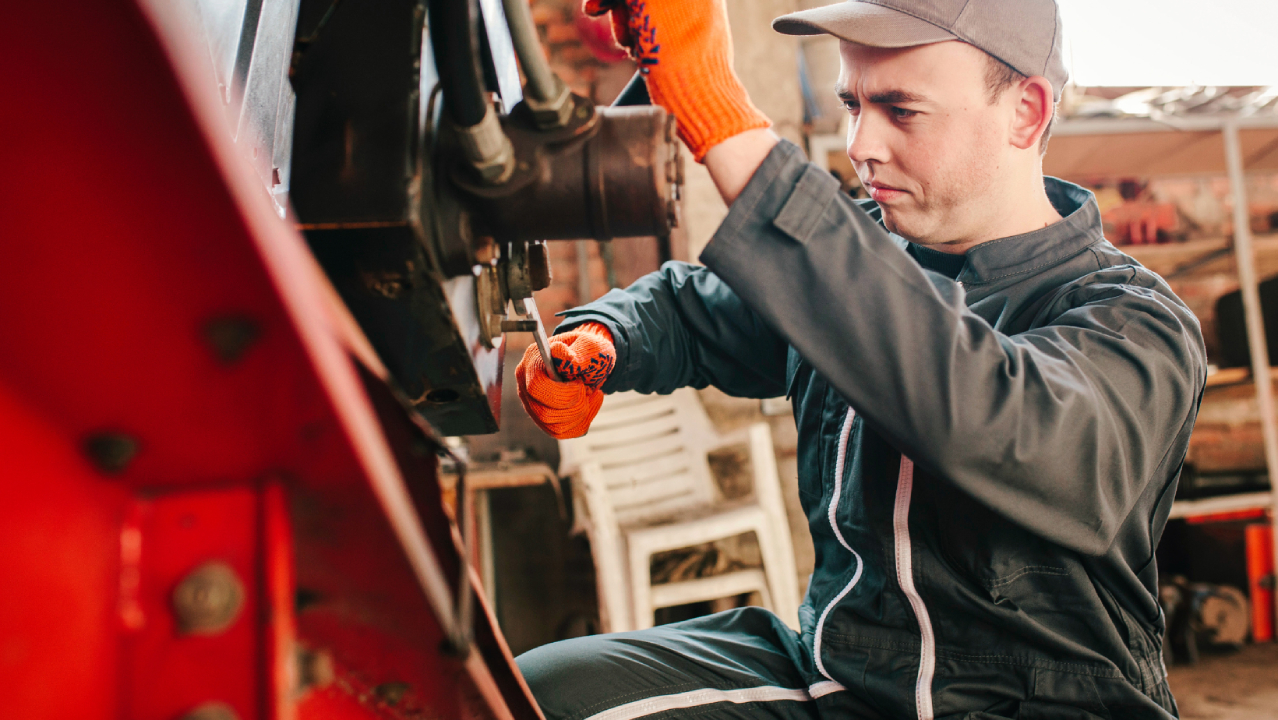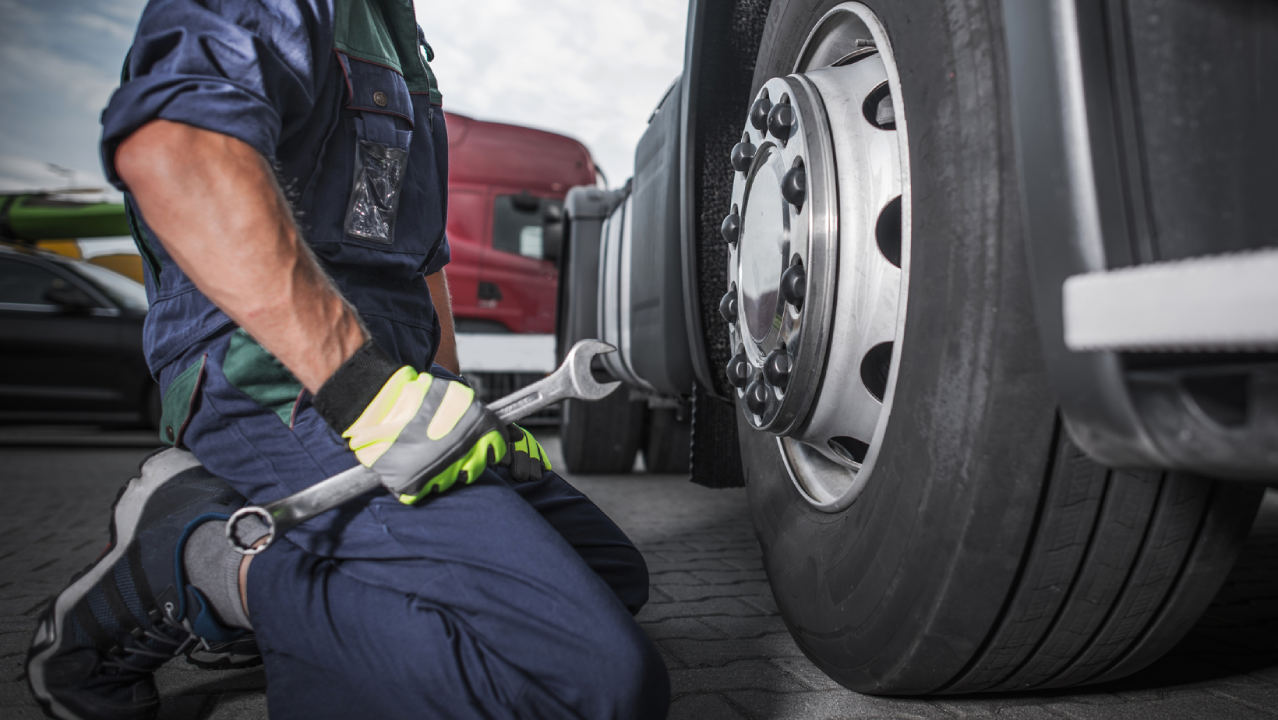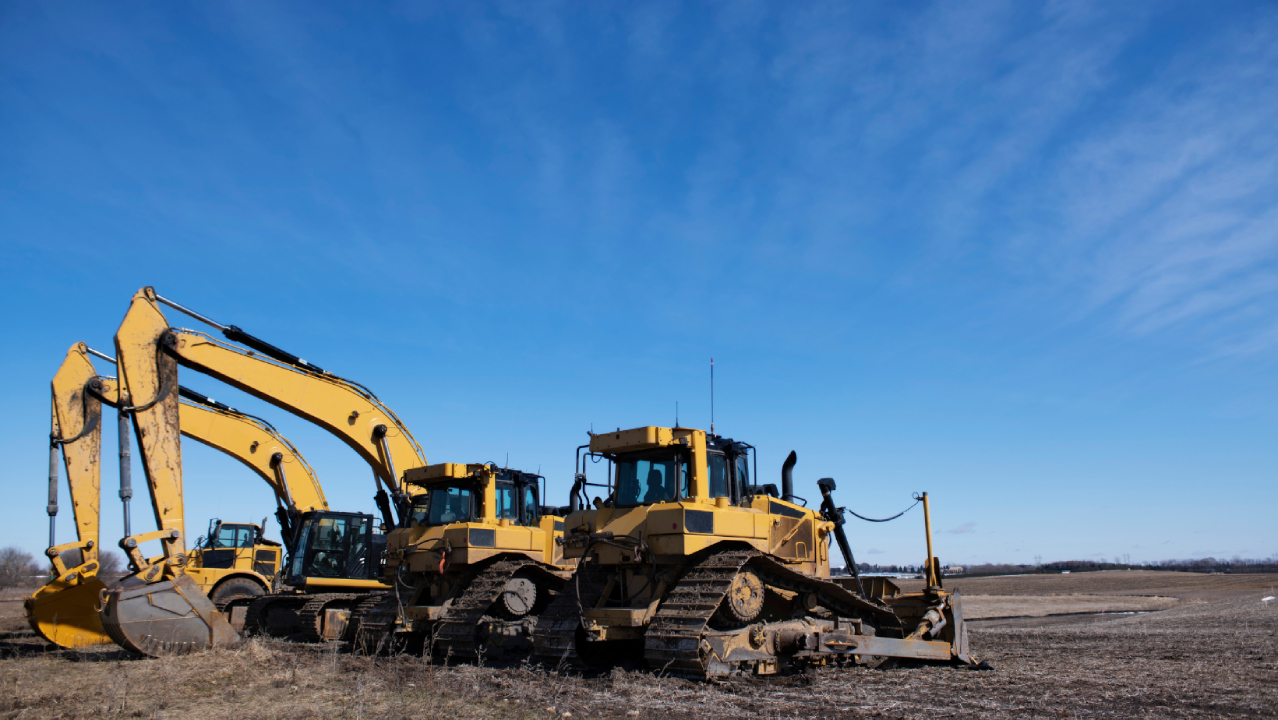The eight 2013 MaxxForce 7 diesel engines we purchased for our fleet have proven to be a royal pain in the …well you know how that phrase ends. After five years half of the diesel engines needed to be replaced due to being totally worn out. All of them were repaired / replaced under warranty only because we made a point of shipping each bus to the dealer one at a time right before warranty ended.
This proactive move on our part paid off. This makes me wonder if we just went about our daily routine and didn’t think about doing this. Well I need to add the fact that there were lots of warning signs that these engines were going to be trouble. Several of the diesel particulate filters failed well before the 5 year warranty expired. The main reason for this is over fueling, blow by or coolant etc. The build up on the DPF filter material causes excessive heat and eventually breaks up the filter material causing failure. Also engine oil sample reports indicated contamination of coolant and fuel.
So there you go the signs of engine wear taking out emission components (very expensive components) was there in front of us. The dealer happily accommodated our requirements and analyzed each engine one by one. They use a CPA tool that checks the performance of the diesel engine. Every time we mentioned that the black exhaust was billowing out of the tail pipe on acceleration the engine was replaced.
The procedure was called a ‘snap throttle test’ which was simple enough. You sit stationary and hit the throttle quickly and watch the tail pipe. If there’s black smoke you’ve got problems. The engines are a V8 dry block so in frames are not possible unlike the DT MaxxForce inline 6 engines. The entire unit has to be replaced to the tune of 30,000 dollars. Trucking has never been more expensive keeping up with emissions.
Now that all of our MaxxForce engines are no longer covered under warranty it’s up to us to monitor and maintain them closely to prevent engine wear. The first step we’re following is more frequent oil changes to flush out all of the contamination that blow through the intake system. Direct exhaust combustion gases can’t be very clean being unfiltered acting like a grinding compound on the engine cylinder walls. It’s a dilemma for us since these buses are supposed to be in our hands for another seven years. Nothing like a challenge to get you out of bed in the morning.
